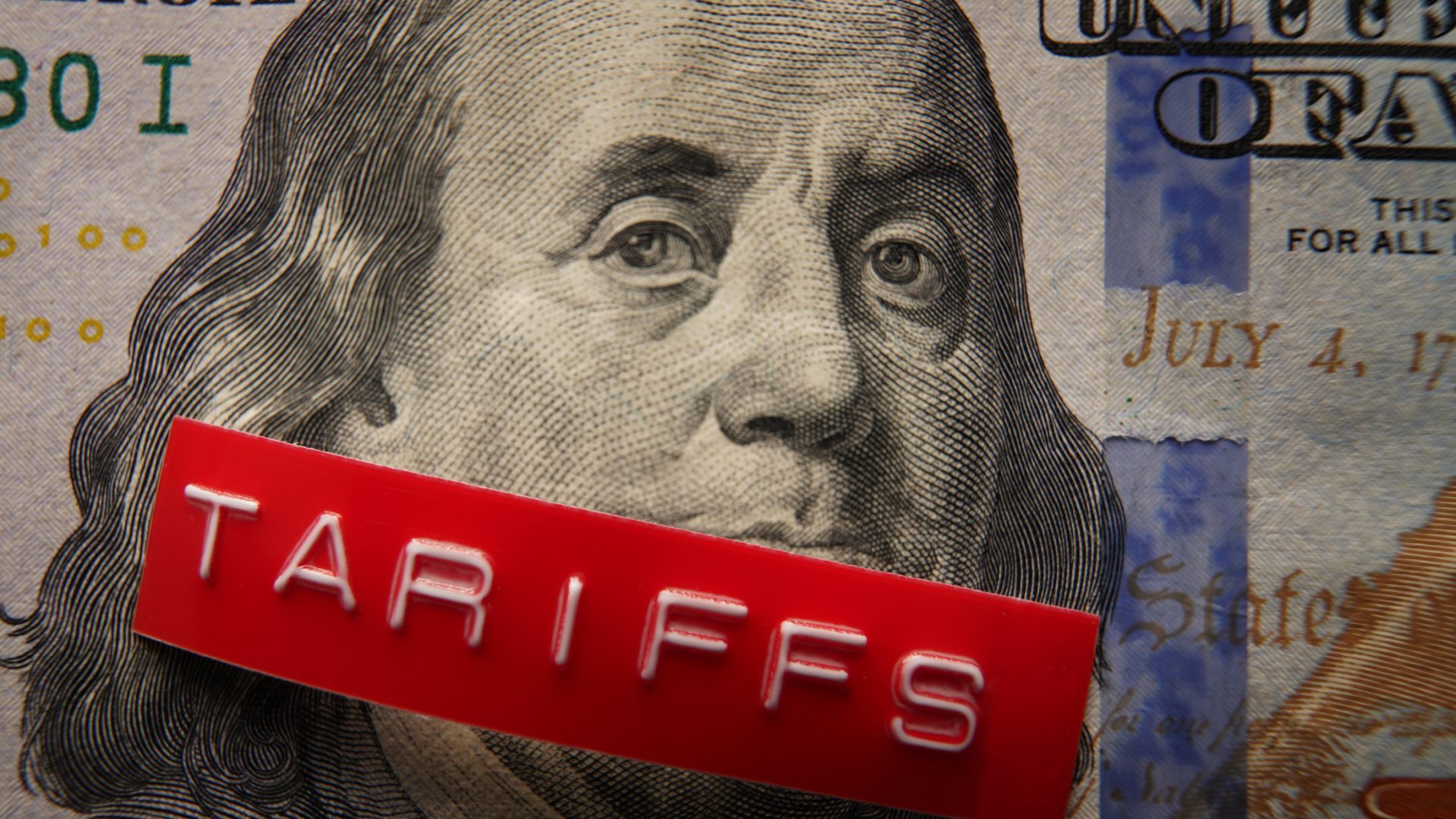
Throughout 2025, there has been a consistently looming thundercloud hovering over America’s economy: President Donald Trump’s controversial tariff policy, and the potential financial fallout those tariffs could bring.
Ever since Trump declared April 2, 2025 to be “Liberation Day” via his implementation of tariffs upon nearly all countries importing goods to the United States, hesitation, anxiety and even panic have gripped the world’s stock exchanges.
Find Out: I Asked ChatGPT What the Point of Trump’s Tariffs Are: Here’s What It Said
Read Next: 4 Affordable Car Brands You Won't Regret Buying in 2025
Why Tariffs Engender Fear
Tariffs engender fear primarily for two reasons.
First, when a tariff — or, essentially, a tax — is placed on a good being sent to the United States from an international trade partner, that partner typically increases the price of that good to offset the tax. Then, the American retailer or business that purchased the good also increases their price of the item, meaning the tariff cost ultimately funnels down to the American consumer, thereby increasing the price of everyday items at a time when things like inflation rates and trips to the grocery store are already perceived as too costly.
Second, America’s trade partners may also unleash reciprocal tariffs upon American goods, thus taxing American businesses in a punitive measure that costs those American businesses money.
In response those potential consequences, in the days following Trump’s “Liberation Day” announcement the S&P 500 alone lost $5.83 trillion in market value, per the University of Michigan — the most devastating four-day period for the index since its launch in the 1957.
So, are tariffs always such a threat to the stock market — or is that a financial myth?
Discover More: Mark Cuban: Trump’s Tariffs Will Affect This Class of People the Most
Tariffs: Messy in the Short Term, Profitable in the Long Term
Some financial experts believe that while tariffs can indeed cause economic panic and market disruption in the short term, those negatives can be temporary and outweighed by a tariff’s positive impact.
Julia Khandoshko, CEO of the European investment firm Mind Money, explained how tariffs can be beneficial for markets on a long enough timeline.
“Tariffs induce more panic than is warranted and the response follows a familiar pattern: One headline hits the wires, stocks wobble and traders behave as if the damage is both permanent and instant,” she told GOBankingRates. “The settling-in period is what is frequently overlooked. This is the messy middle: Costs rise, margins compress and earnings appear weaker for a time. But that is rarely the end. As firms adjust, they rebuild supply chains, increase capacity and take on additional domestic demand. When those shifts happen, the [market] numbers look different. That’s generally when profitability rebounds, and valuations follow.”
Tariffs Can Increase American Business Advantages in the Market
Additionally, tariffs can often — as President Trump and his administration has argued — protect American businesses in the long term by thinning out the advantages of foreign competitors, which increases American stock valuations.
“One of the major benefits of tariffs, particularly to the stock market, is that it serves as an insurance for domestic industries,” said Aaron Razon, personal finance expert for Coupon Snake. “The truth is that without tariffs, it can be difficult for domestic industries to successfully compete with their foreign counterparts…In this case, tariffs profit the stock market by evening out the playing field, and giving domestic industries a fair chance to compete with their foreign counterparts.”
Positive Tariff Effects May Come in the Future
Ultimately, it may be the case that while tariffs cause market uncertainty and fear in the short term, they can also be financially beneficial for — or even protective of — the American economy in the long term.
Alex Tsepaev, chief strategy officer for liquidity provider B2Prime, told GOBankingRates, “Forget short-term volatility — the main point of the tariffs will come into effect years from now. More jobs created at home, stronger supply chains, a healthier industrial base. None of this is bad in any way.”
Editor’s note on political coverage: GOBankingRates is nonpartisan and strives to cover all aspects of the economy objectively and present balanced reports on politically focused finance stories.
More From GOBankingRates
- Rachel Cruze: The Real Reason Couples Fight About Money
- 6 Best Items Retirees Should Buy at Costco During Labor Day
- 4 Things You Should Do When Your Salary Hits $100K
- 5 Cities You Need To Consider If You're Retiring in 2025
This article originally appeared on GOBankingRates.com: Do Tariffs Always Hurt the Stock Market? 3 Experts Take On This Economic Myth







